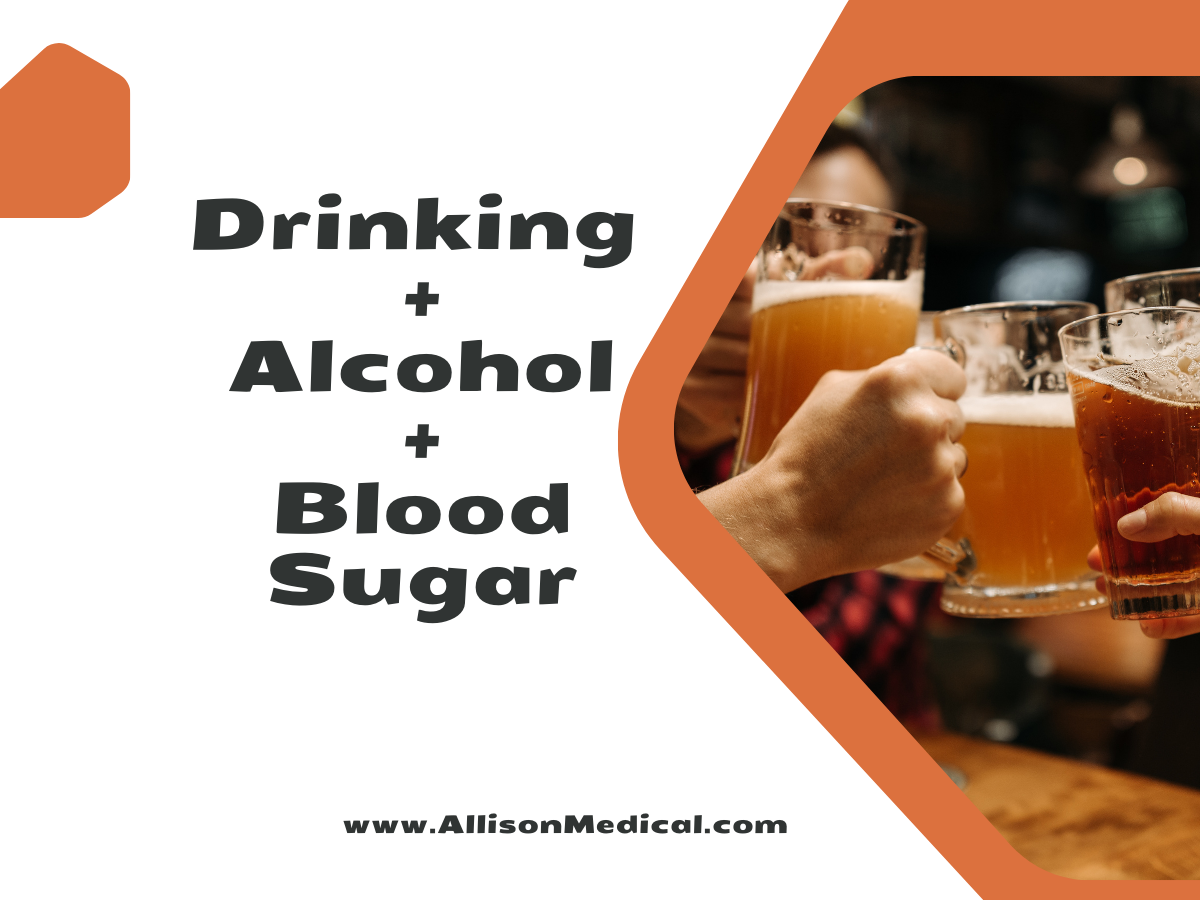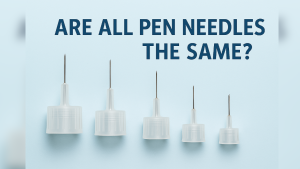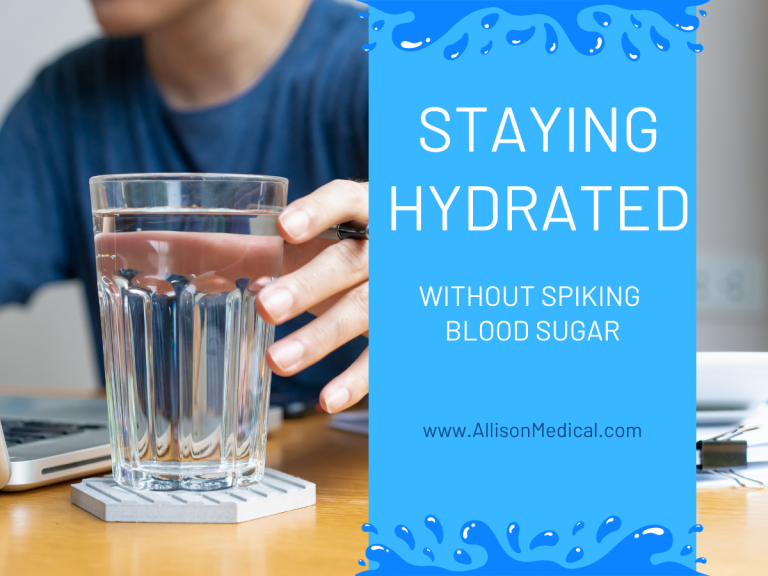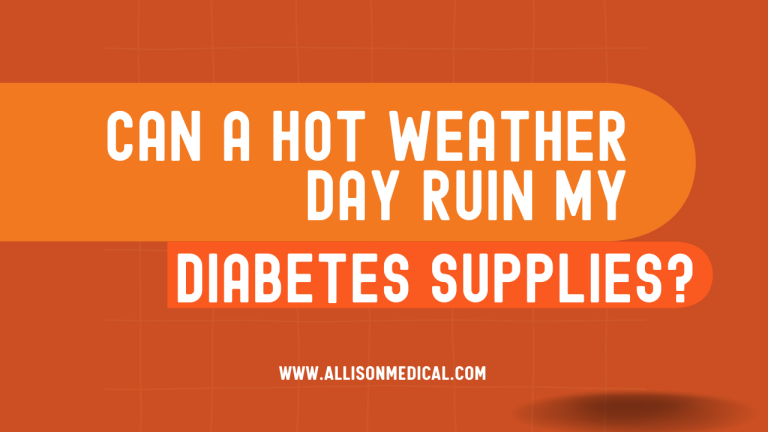Be sure to talk to your healthcare professional before making any treatment changes.
Alcohol can have complex effects on blood sugar levels, and for people with diabetes, understanding these effects is crucial. While moderate alcohol consumption can be safe for many people with diabetes, it’s important to monitor how your body responds and take precautions.
How Alcohol Affects Blood Sugar
1. Initial Increase in Blood Sugar: Alcohol, especially sugary mixed drinks or beers, can cause an immediate spike in blood sugar because of the carbohydrates in the beverage. This can be particularly problematic for people with diabetes who need to avoid sudden blood sugar spikes.
2. Risk of Low Blood Sugar (Hypoglycemia): The liver plays a vital role in regulating blood sugar, but when it is busy processing alcohol, it cannot release stored glucose into the bloodstream as effectively. This can lead to a drop in blood sugar levels, especially for people who take insulin or other medications that lower glucose. The risk of hypoglycemia can persist for several hours after drinking, particularly overnight.
3. Interference with Medication: Alcohol can interfere with diabetes medications, making it harder to control blood sugar levels. For example, drinking while on insulin or sulfonylureas (medications that stimulate insulin production) increases the risk of dangerously low blood sugar.
Is Alcohol Safe for People with Diabetes?
Moderate alcohol consumption can be safe for many people with diabetes, but it’s important to take the following precautions:
1. Limit Alcohol Intake: Guidelines suggest no more than one drink per day for women and two drinks per day for men. Always choose drinks with fewer carbohydrates, like dry wines or spirits mixed with sugar-free beverages.
2. Monitor Blood Sugar: Always check your blood sugar before drinking, while drinking, and before bed. Be aware of delayed hypoglycemia and ensure you eat when drinking alcohol to help prevent blood sugar drops.
3. Avoid Drinking on an Empty Stomach: Eating a meal with your drink can help buffer the impact of alcohol on your blood sugar.
By following these guidelines, you can enjoy alcohol in moderation while minimizing risks to your diabetes management.
References:
1. American Diabetes Association. (2024). *Alcohol and Diabetes*. Retrieved from [diabetes.org]
2. Mayo Clinic. (2024). *Diabetes and Alcohol: How Does It Affect Blood Sugar?* Retrieved from [mayoclinic.org]
3. Centers for Disease Control and Prevention. (2024). *Alcohol and Diabetes*. Retrieved from [cdc.gov]









